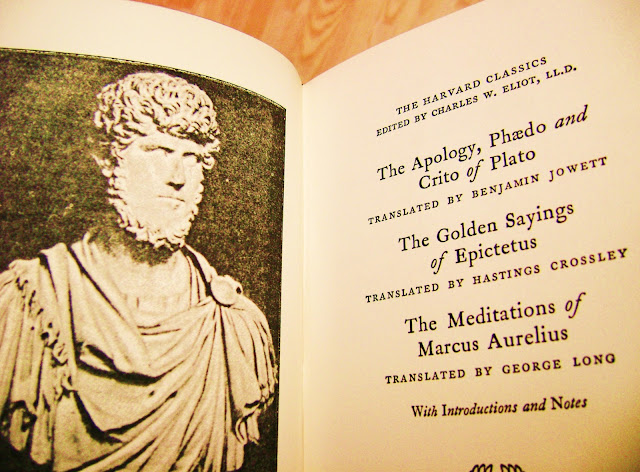Hyperion
If there is one poet whose name has come to be associated with cliches of the genre, that would be Henry Wadsworth Longfellow . "You're a poet / and you didn't know it / but your feet show it / they're long fellows!" A sad pun which sums up most critics' opinion. I am biased the other way - after reading a substantial selection of Longfellow's poetry, I was left overall impressed, even in a comparison with Wordsworth. That is more or less how I decided to read Hyperion (1839), one of his more obscure, prose works. The book follows a young American, Paul Flemming, on his travels through the scenery of Germany and Switzerland. Recently in mourning for his childhood friend (girlfriend?), Flemming finds comfort in studying the lives of the people he meets, as well as in conversing upon philosophy and religion with his various travelling companions. His life changes upon meeting the beautiful Mary Ashburton, an intellectual Englishwoman with a talent fo...






